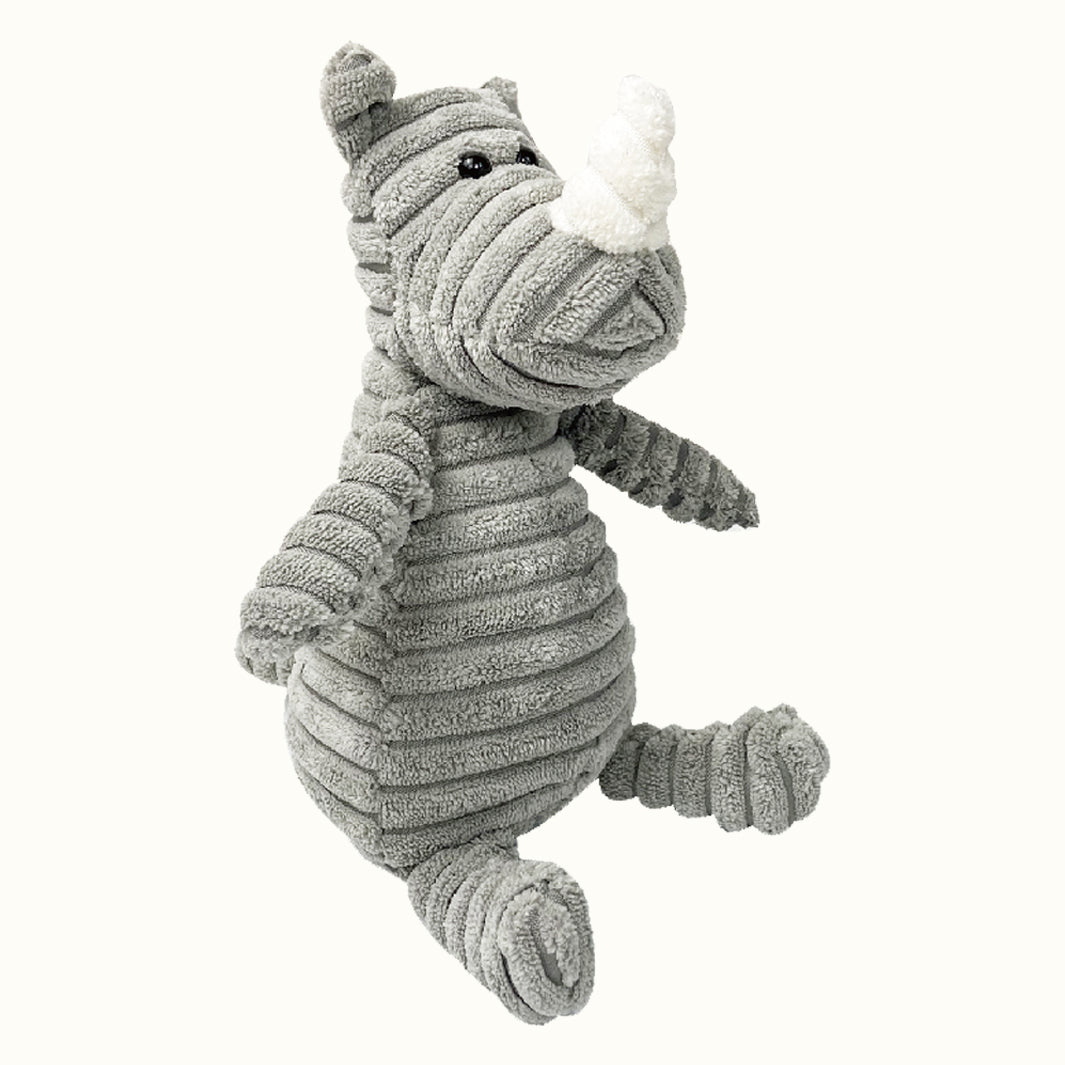Lhasa Apso: The Little Pet with a Majestic History
The Lhasa Apso is a little dog with a big history. Originating in Tibet, this breed was highly valued as a companion and watchdog by the Tibetan monks and nobility. Its name comes from the capital city of Tibet, Lhasa, and "apso", which means "bearded" in Tibetan. These dogs were considered sacred and were believed to bring good luck and protection to their owners. In this blog post, we will dive deeper into the history and characteristics of the best little pet - the Lhasa Apso.
The Personality of the Lhasa Apso
The Lhasa Apso is renowned for its spirited and vivacious personality. These dogs may be small in stature, but they possess a robust sense of self and an almost cat-like independence. This breed is known for its keen intelligence and can be both observant and discerning, often displaying a marked sense of loyalty and affection towards their families. Despite their royal and protective heritage, Lhasa Apsos exhibit a playful and sometimes mischievous demeanor, enjoying interactive games and activities with their human companions.

However, their strong-willed nature means they require consistent, patient training from an early age. The Lhasa Apsos alertness makes them excellent watchdogs, as they are always cautious and reserved with strangers, signaling their approach with a distinct bark. This wariness does not translate to aggression; rather, it showcases their discerning nature. Their unique blend of independence, intelligence, and loyalty wrapped in a mantle of playfulness makes the Lhasa Apso an endearing pet, capable of forming deep and lasting bonds with their human counterparts.
Tips for Teaching Your Lhasa Apso
Training a Lhasa Apso can be both a rewarding and challenging experience due to their independent and intelligent nature. To ensure success, use positive reinforcement techniques such as treats and praise to encourage good behavior. This breed responds well to gentle, patient training methods, as harsh corrections can lead to stubbornness. Establishing a routine and keeping training sessions short and engaging can prevent your Lhasa Apso from becoming bored or disinterested.
Socialization is also key; exposing your pet to various people, pets, and environments from a young age can help develop a well-adjusted, sociable dog. Remember, consistency is crucial. Make sure all family members are on the same page regarding commands and expectations to avoid confusing your Lhasa Apso. Finally, don't underestimate the importance of mental stimulation. Incorporating puzzles and games that challenge their intellect can be just as tiring as physical exercise and equally beneficial in keeping your Lhasa Apso happy and healthy.
conclusion
The Lhasa Apso is indeed a remarkable breed, blending an adorable appearance with a rich history and loyal temperament. From its origins in the ancient monasteries of Tibet to its current status as a beloved companion worldwide, the Lhasa Apso has maintained its unique charm and allure.
Proper care, training, and love, these little pets can bring immense joy and companionship to their owners for many years to come. Whether you're captivated by their luxurious coat, intrigued by their royal heritage, or simply drawn to their affectionate nature, the Lhasa Apso undoubtedly holds a special place in the hearts of dog enthusiasts everywhere.
FAQs
- What is the origin of the Lhasa Apso breed?
The Lhasa Apso hails from Tibet, where it was bred as a sentinel and companion in the ancient monasteries of the Himalayas. Revered for its keen senses and unwavering loyalty, the breed has a rich history dating back thousands of years.
- What is the typical temperament of a Lhasa Apso?
Lhasa Apsos are known for their independent yet affectionate nature. They are alert, intelligent, and possess a strong sense of loyalty to their families. While they may be wary of strangers, they are deeply devoted to their owners and thrive on companionship.
- How much grooming does a Lhasa Apso require?
Due to their long, flowing coats, Lhasa Apsos require regular grooming to keep their fur free from tangles and mats. Daily brushing is recommended to prevent matting, and occasional baths can help keep their coat clean and healthy.














Leave a comment